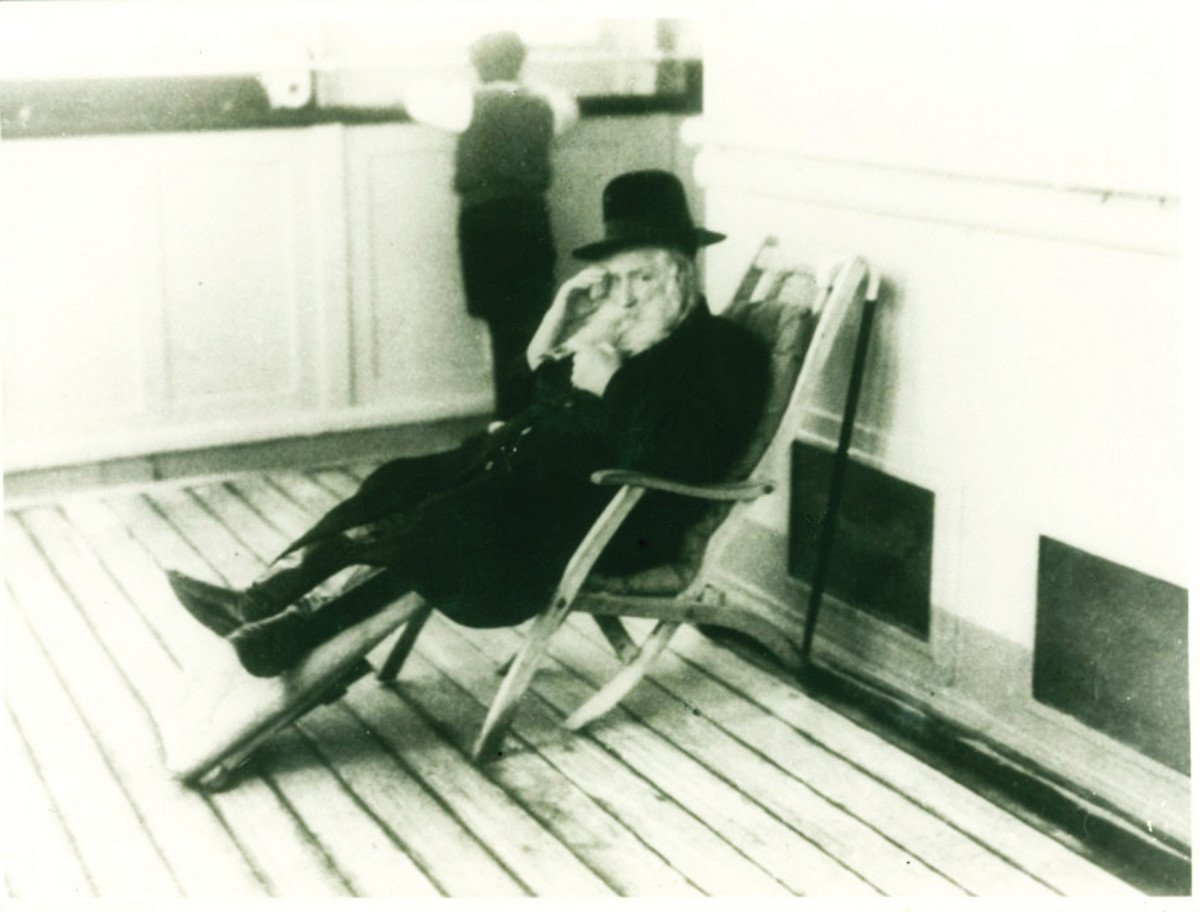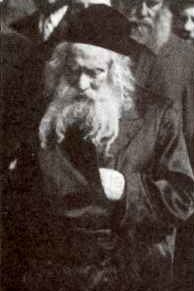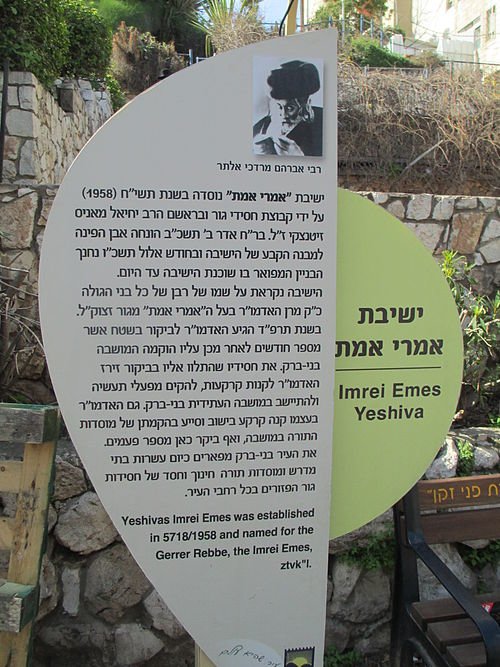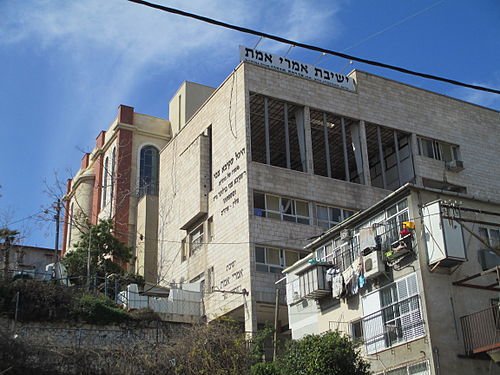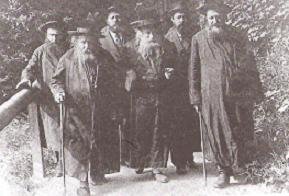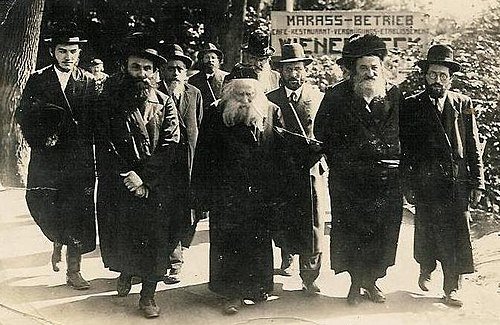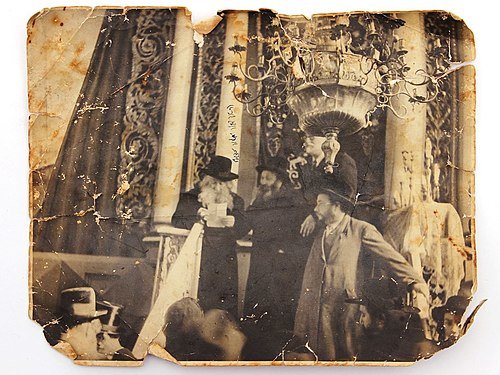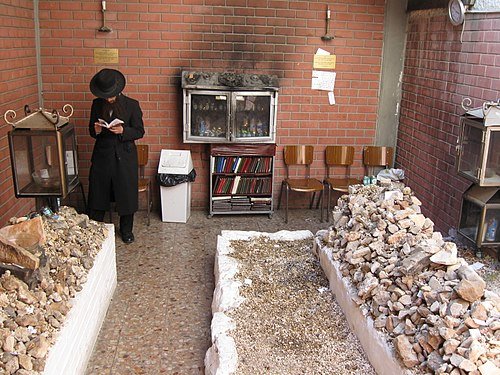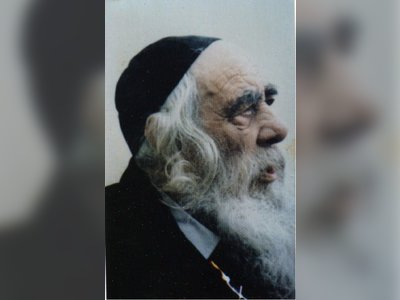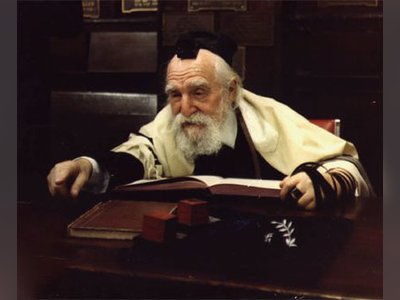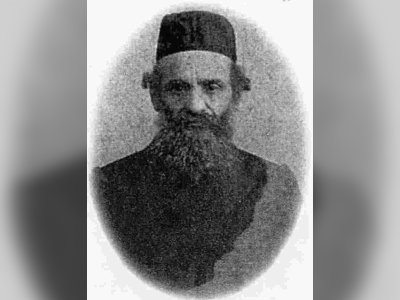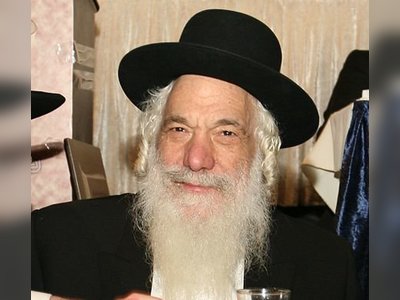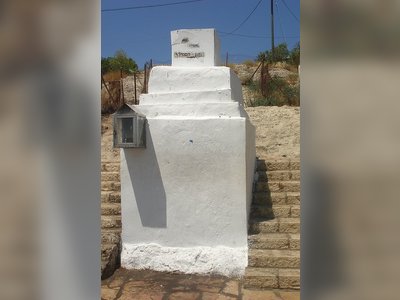Abraham Mordechai Alter: A Life of Leadership and Legacy
Rabbi Abraham Mordechai Alter, born on the 7th of Tevet, 5626 (December 25, 1865), and passing away on Shavuot, 5708 (June 3, 1948), was the eldest son of Rabbi Yehuda Aryeh Leib Alter, known as the "Sfas Emes."
For 43 years, he served as the Rebbe of Ger Hasidism, becoming one of the prominent leaders of the entire ultra-Orthodox Jewish community. During his leadership, Ger Hasidism reached its peak, with estimates suggesting that before the Holocaust, it had over one hundred thousand followers.
Rabbi Abraham Mordechai was renowned as a great scholar and bibliophile, with his library containing tens of thousands of books, many of which were lost during the Holocaust. He became known as the "Amrei Emes" (Speaker of Truth), a reference to his book of the same name, published posthumously.
Early Life
Born in the town of Gur, near Warsaw, on the 7th of Tevet, 5626 (1866), Rabbi Abraham Mordechai was the son of Rabbi Yehuda Aryeh Leib Alter and Yocheved Rivkah Kaminer. His paternal grandfather, Rabbi Yitzchak Meir Alter, the first Rebbe of Gur, was still alive at the time and played a significant role in the family's life. A few months after Rabbi Yitzchak Meir's passing, Rabbi Yehuda Aryeh Leib, then 19 years old, assumed the position of the town rabbi of Gur and, four years later, also became the Rebbe of Ger Hasidism.
Abraham Mordechai grew up in his father's home, where educators and special tutors were hired to provide him with an exceptional education. Additionally, the young boy often interacted with Rabbi Menachem Mendel of Kotsk's disciples who gathered in his father's courtyard.
In 1881, at the age of 15, he married Chaya Rada Yehudis, the daughter of Rabbi Nachum Dov Schwar, a prominent figure in Bielawa. The wedding, attended by many guests, took place on the 17th of Adar I. A close friend, Israel Ertin, later recalled the words spoken under the wedding canopy: "Remember, my dear son, to love the Lord, your God, with all your heart, with all your soul, and with all your might." After the wedding, Rabbi Abraham Mordechai initially lived in Bielawa, where his father-in-law supported him during the early years of their marriage. During this time, he dedicated himself to learning and writing, quickly gaining a reputation as a gifted and diligent scholar. In 1882, their first son, Meir, was born, followed by another son, Yitzchak, five years later. To support his family, Rabbi Abraham Mordechai engaged in trade alongside his intensive studies.
In a rare letter dated 1886, sent in response to a previous letter from his father, Rabbi Yehuda Aryeh Leib, we gain insight into his activities and his state of mind during that period. In the letter, the "Sfas Emes" emphasizes the importance of Torah study and devotion to mitzvot, encouraging his son not to worry excessively but rather to trust in God. He advises him to focus on the simple fulfillment of mitzvot and to cultivate diligence, explaining that Torah study purifies thoughts and brings blessings. He assures his son that by following this path, he will succeed in all his endeavors.
Leadership and Influence
Rabbi Abraham Mordechai assumed the leadership of the Ger Hasidic community during a challenging era for Polish Jewry, marked by the encroachment of modernity and secularism. He worked tirelessly to strengthen religious life in response to the changing times, founding new institutions and organizations to adapt to the evolving circumstances. He co-founded the Agudas Yisrael organization and served as the head of the Council of Torah Sages within the movement. His influence extended beyond Ger Hasidism, shaping the face of ultra-Orthodox Judaism to this day.
He visited the Land of Israel five times and planned to settle there, but he was compelled to return to Poland due to pressure from his Hasidim. Under his influence, hundreds of Gur Hasidic families made Aliyah during the Fourth Aliyah wave in 1940. In his later years, he settled in Jerusalem. Tragically, many of his descendants and followers perished in the Holocaust.
Reviving Tradition
One of Rabbi Abraham Mordechai's early reforms was to lead the morning prayer service according to Jewish law, departing from the longstanding custom of delaying it. He also introduced a practice of pausing the prayer service on Shabbat for Torah study, which became a significant tradition. These changes were not universally accepted at first, but his leadership gradually established them as norms. He was aware of the difficulty of implementing these reforms and understood the need to introduce them gradually. In a letter from 1886, he wrote to his Hasidim, "I ask and request, my beloved son, that you not cause any disputes. I know that not every place can adopt these practices, and not everyone can follow them."
Legacy
Rabbi Abraham Mordechai Alter's leadership transformed Ger Hasidism into one of the largest and most influential Hasidic groups in Poland, if not the most significant. It is estimated that, by the eve of the Holocaust, the community numbered over one hundred thousand members. To manage such a large congregation across Poland and beyond, Rabbi Abraham Mordechai relied on his brothers and other family members who served as rabbis and in various leadership roles. He encouraged his followers to actively engage in public life both within and outside the community. He maintained his connection with the many Hasidim through letters addressing both communal and personal matters.
During Shabbat and holidays, the town of Gur would be filled with thousands of Hasidim who came to seek inspiration. Rabbi Abraham Mordechai was known for his special care for young adults and children, whom he nurtured and educated. One of his famous sayings during his tenure was, "To Gur, ten thousand Hasidim travel to eat on Yom Kippur and do not put on Tefillin." His son, Rabbi Yisrael Alter, played a crucial role in the education of young Gur Hasidim and served as a link between the Rebbe and the leaders of various groups within the Gur Hasidic communities.
Upon becoming Rebbe, Rabbi Abraham Mordechai first initiated the morning prayer service at the proper time according to Jewish law, deviating from the prevalent custom of delaying it. He also introduced a practice of pausing the prayer service on Shabbat for Torah study, which became a significant tradition. These changes were not universally accepted at first, but his leadership gradually established them as norms. He was aware of the difficulty of implementing these reforms and understood the need to introduce them gradually. In a letter from 1886, he wrote to his Hasidim, "I ask and request, my beloved son, that you not cause any disputes. I know that not every place can adopt these practices, and not everyone can follow them."
Rabbi Abraham Mordechai Alter's legacy lives on through the vibrant Ger Hasidic community and its continued adherence to the principles he introduced. His leadership transformed Ger Hasidism into a flourishing movement, and his influence extended far beyond its borders, shaping the course of ultra-Orthodox Judaism in the modern era. His dedication to Torah, mitzvot, and the welfare of his followers left an indelible mark on the Jewish world, and his teachings continue to inspire and guide generations of Hasidim to this day.
- אברהם מרדכי אלתר – ויקיפדיהhe.wikipedia.org
